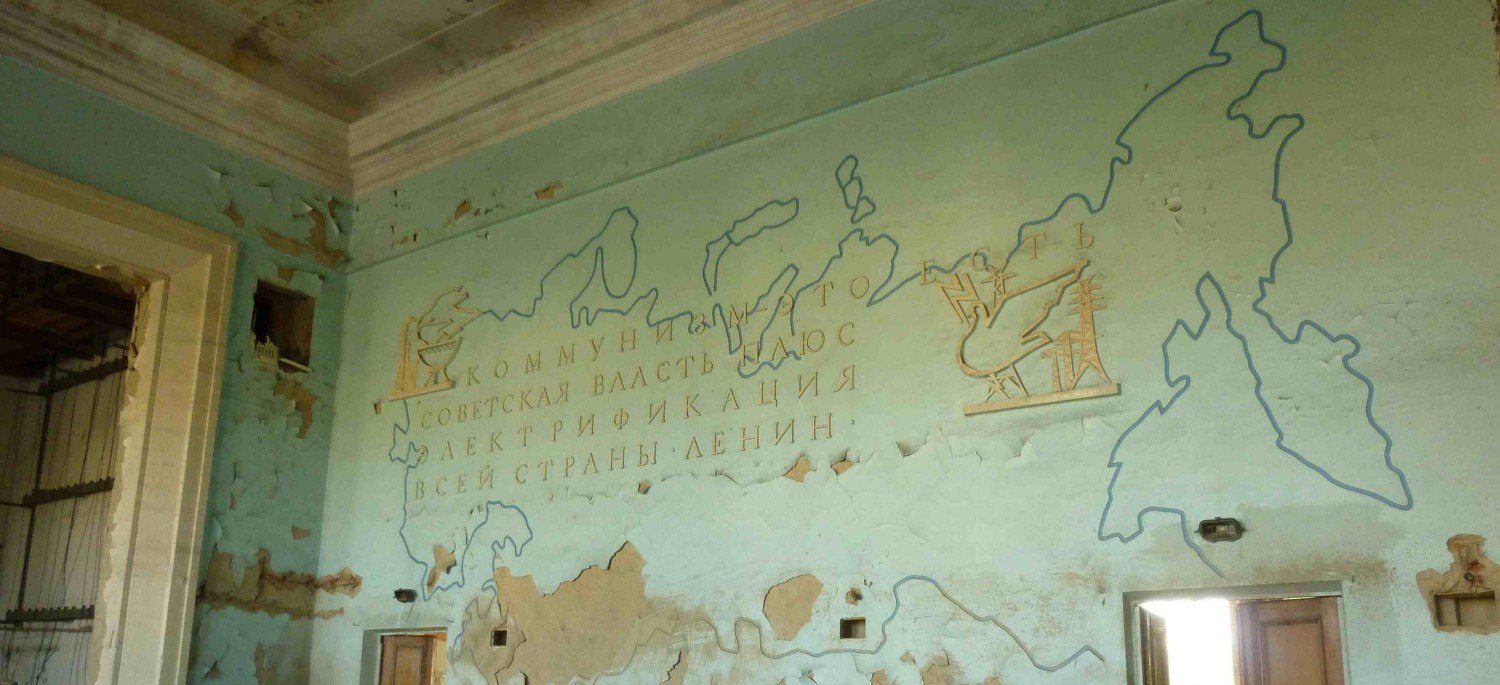We have four to five places left in the summer school and we invite participation from local scholars and practitioners. To take part in the school, please, send your CV and a paragraph stating your interest to abissenova@nu.edu.kz.
The purpose of this one-week summer school is to join forces, facilitate exchange, and sharpen the analytical tools among several projects funded through the Volkswagen Foundation’s Central Asia/South Caucasus programme. Four funded projects are particularly close with regard to their approaches and methods. They specifically focus on the bottom-up emergence of new orders from an ethnographically informed perspective and share questions on how environments and geographies are shaped by and in turn shape societies in Central Asia and the South Caucasus. We therefore expect substantial and sustainable cross-fertilisation from among young and senior researchers from all participating projects. The summer school also offers a number of places for local scholars who are not attached to any of the participating projects and welcomes a broad academic and non-academic audience to its public lectures, keynote speeches, and round tables.
Participating projects:
Fluid mobilities for cities in transformation – spatial dynamics of marshrutkas in Central Asia and the South Caucasus
The research and network project involves two postdocs, as well as five Ph.D. candidates based in Central Asia and the South Caucasus, each co-supervised by a German and a “local” senior researcher. Each contributing project makes use of the Marshrutkas mobility phenomenon as an entry point to the analysis of socio-spatial transformation in urban areas of the target region.
The “Social Life” of a River: environmental histories, social worlds and conflict resolution along the Naryn-Syr Darya
In this project, a team of two PhDs and three postdocs from Uzbekistan, Kyrgyzstan and Germany investigate the social and environmental history of the Naryn and Syr Darya rivers, from the mid-20th century to the present day. We use historically-informed ethnographic methods in order to elucidate relationships between space, power, symbols and land use. The project draws on concepts of moral economy, political ecology and alternative concepts of ‘nature’.
Informal markets and trade in Central Asia and the Caucasus
This research project involves two Ph.D. and four master students from Central Asia and the Caucasus, who are co-supervised by an international team of senior researchers. Each of the Ph.D. and MA projects investigates local marketplaces and local traders in Central Asia or the Caucasus, thereby focusing formal and informal frameworks and practices that shape the relationship of state institutions, local value systems, and economic practices.
Translocal Goods – Education, Work, and Commodities between Tajikistan, Kyrgyzstan, Russia, China, and the Arab Emirates
The research project ‘Translocal Goods’ aims to trace some of the vibrant cross-border connections and exchanges between Tajikistan and Kyrgyzstan, and the influential regional players Russia, China and the Arab Emirates. The three ethnographic case studies that the project consists of thereby address some of the most significant “goods” circulating in these extensive networks: education, work and commodities. In particular, we examine (1) educational migration within Islamic networks and (2) the commercial-cultural flows of the hijab (veil) trade between Tajikistan and the Arab Emirates; also, (3) we capture trans-local livelihoods in relation to work and commodity trade linking Kyrgyzstan with Russia and China.
